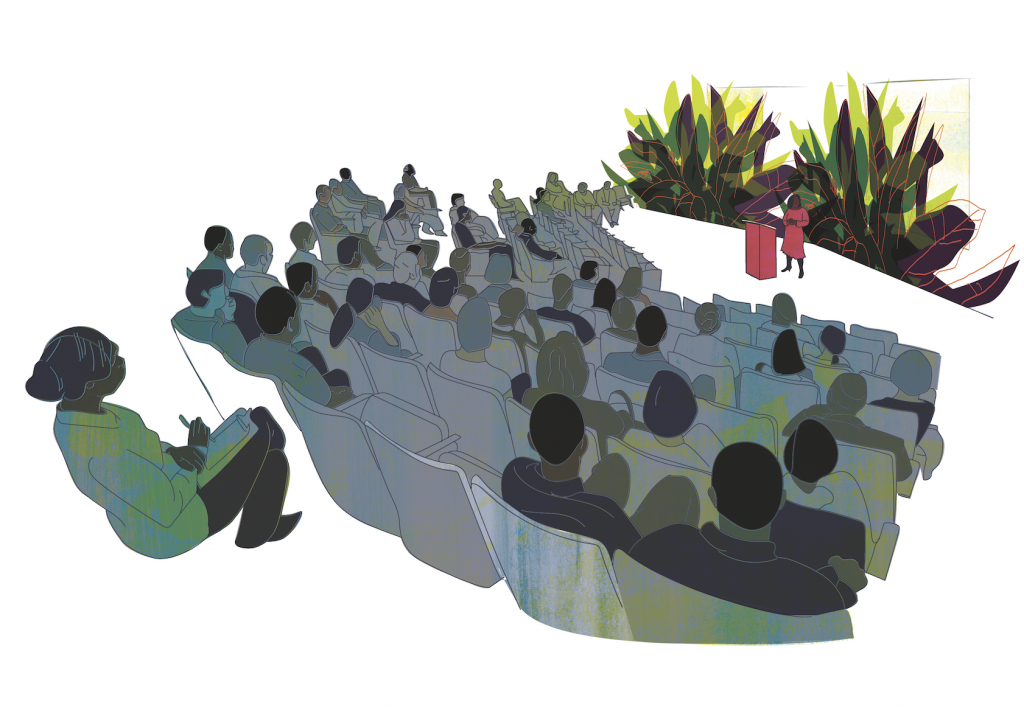
 + How does the Sabbath shape gender and economic equality? What can chronic pain teach us about suffering? How can we learn to see ourselves as significant and worthy of love? These are the kinds of questions three faculty members lectured about recently, and we’re happy to share their insights with you.
+ How does the Sabbath shape gender and economic equality? What can chronic pain teach us about suffering? How can we learn to see ourselves as significant and worthy of love? These are the kinds of questions three faculty members lectured about recently, and we’re happy to share their insights with you.
“The Sabbath has nothing to do with works. It’s about rest. You don’t have to perform, you don’t have to show it, you don’t have to work, you don’t have to impress—you just have to be. Be with the Lord, be with the cat, be with your family, be with your neighborhood, be with your city, be with this planet—but be in rest. Are you able to rest?”
+ Johnny Ramírez-Johnson, professor of anthropology, draws on scripture and personal experiences to argue that keeping the Sabbath brings gender and economic equality to communities.
“My identity had become so bound up in my pain that it was this constant companion and friend, and I realized it at that moment for the first time when these words of Christ came up in my mind: ‘Do you want to become well?’ My answer was very loudly and clearly: no.”
+ Kutter Callaway, assistant professor of theology and culture, reflects on chronic pain, the fear of getting well, and the transformative gift of sharing our weakness with a hurting world.
“It’s easy to find all the negative messages about ourselves, but it’s really difficult to find those positive messages. Those negative messages inhibit our ability to answer fundamental questions like, ‘What are we about?’, ‘What are we meant to do?’, and ‘Who are we?’ . . . The lies derail us from living out our true identity.”
+ Migum Gweon, director of clinical training for marriage and family, describes restoration therapy, the struggle to accept ourselves as loved and significant, and the ways a church community can facilitate self-acceptance.
